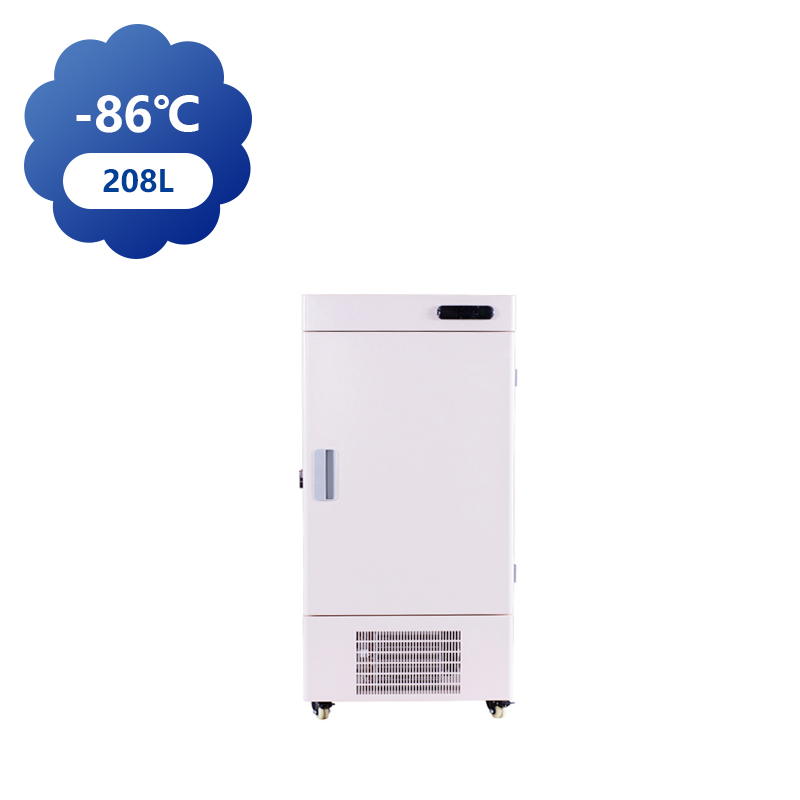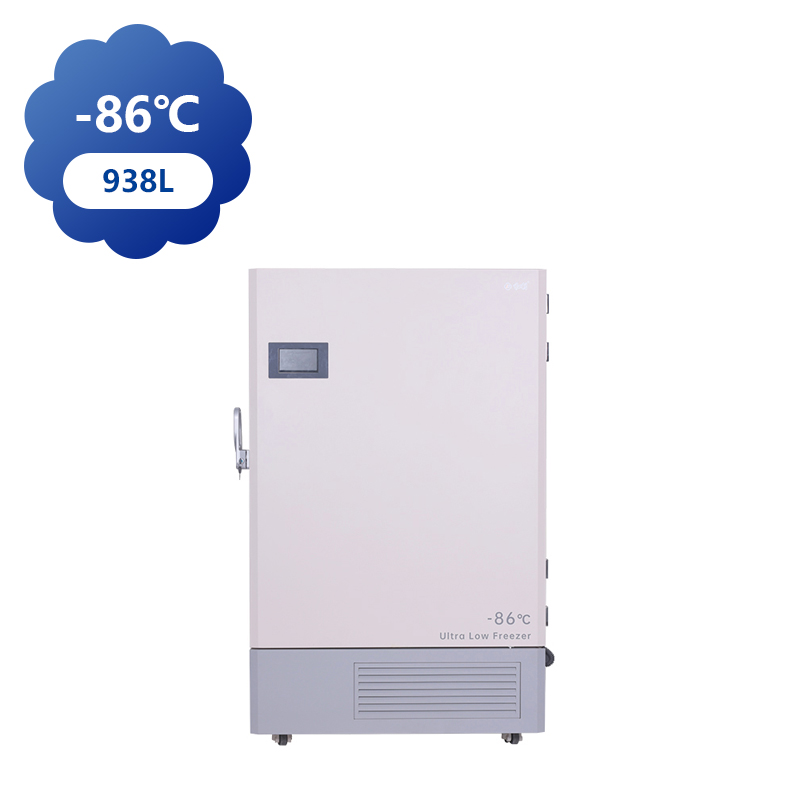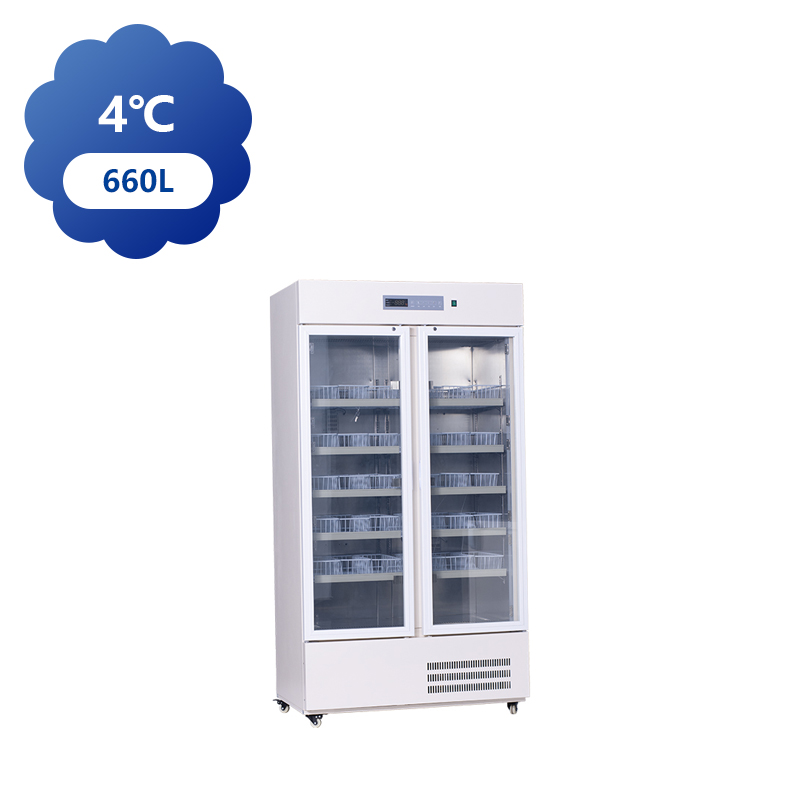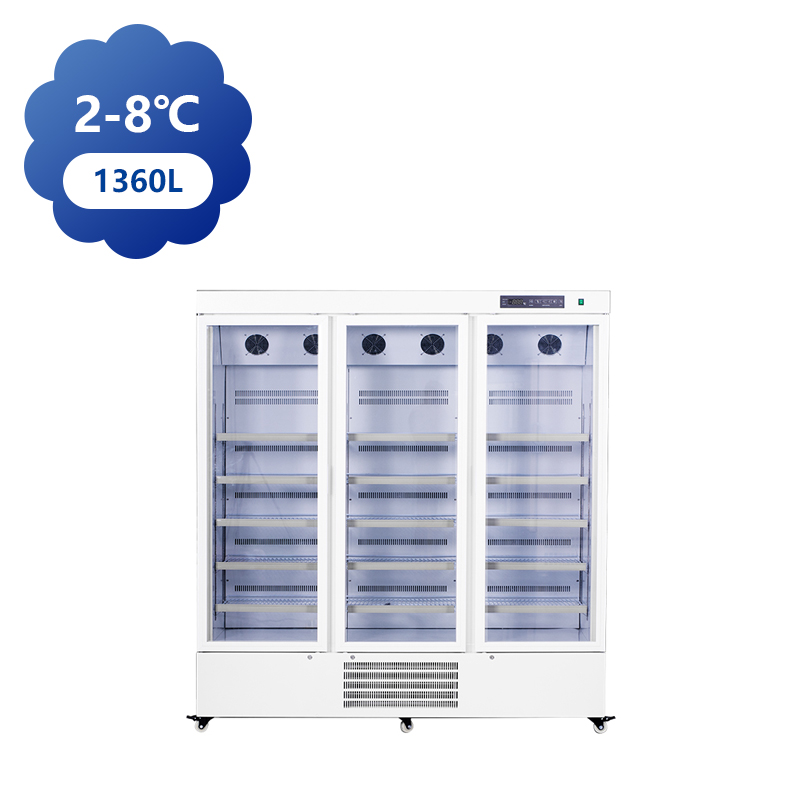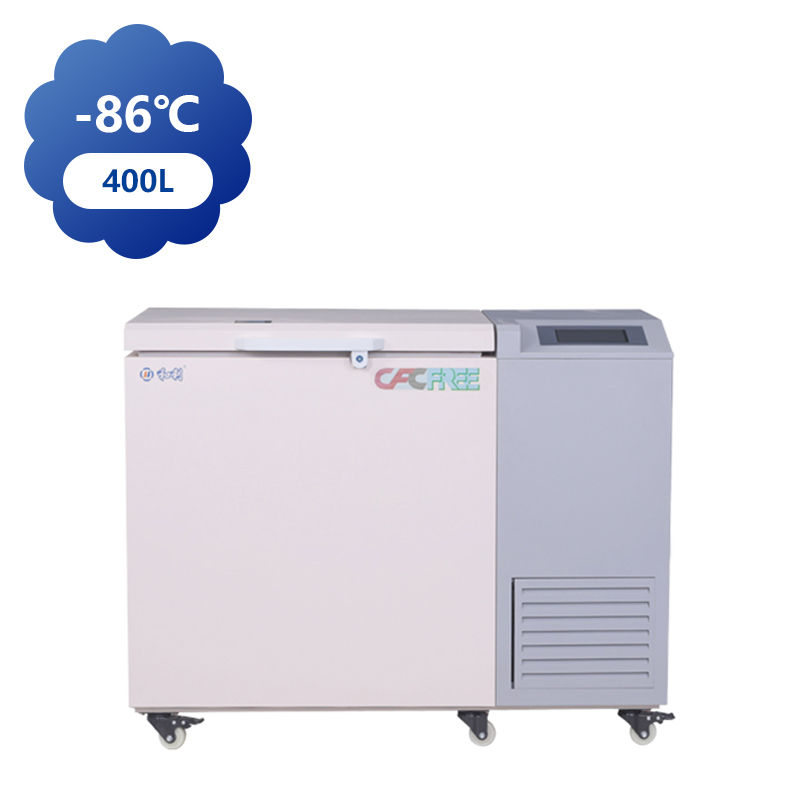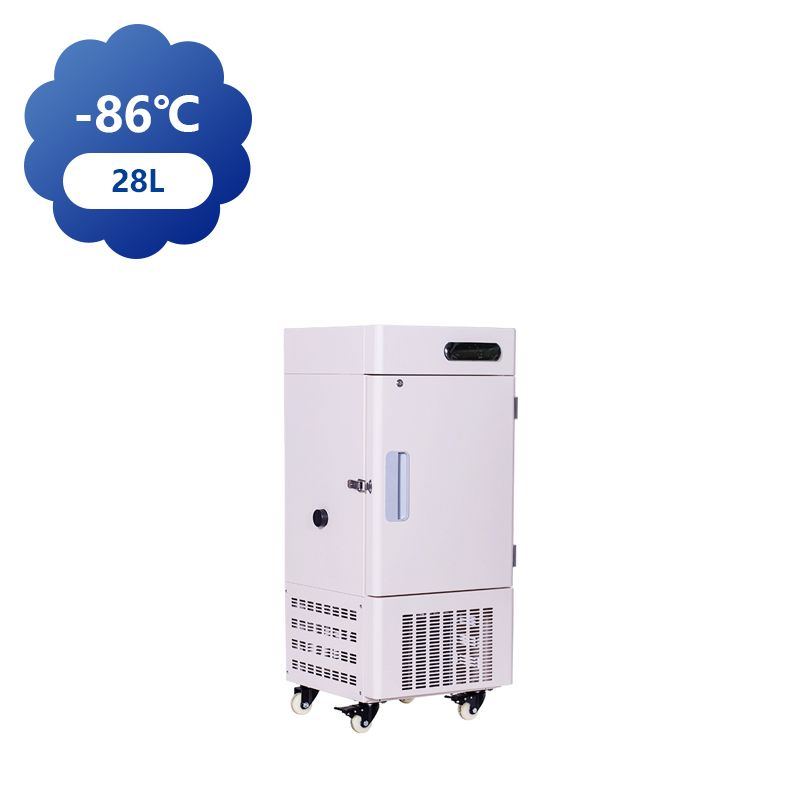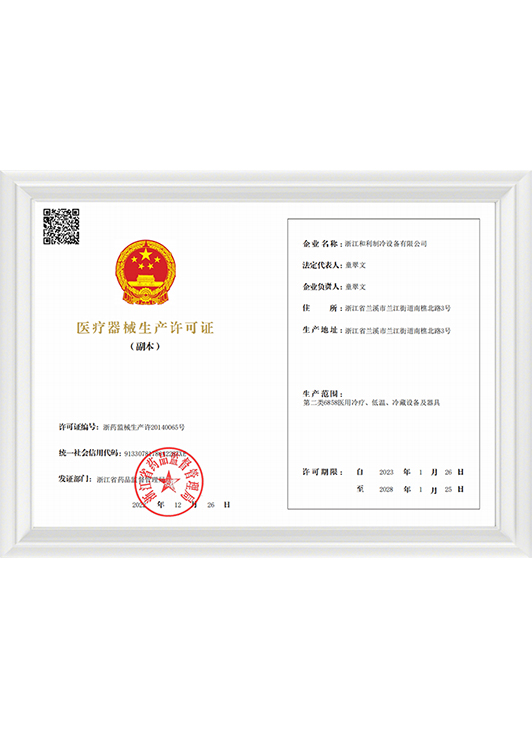You can contact to me using this form.
Ultra low temperature chest freezers are indispensable in laboratories, medical facilities, and industrial settings where the storage of biological samples, vaccines, pharmaceuticals, or other sensitive materials is required. These freezers, typically capable of maintaining temperatures as low as -80°C, provide the critical cold environment necessary for the preservation of materials that are highly sensitive to temperature fluctuations. However, operating an ultra low temperature chest freezer requires careful attention to a set of precautions to ensure safety, performance, and longevity.

1. Avoid Frequent Opening of the Lid
One of the important precautions when using an ultra low temperature chest freezer is the frequency with which the lid is opened. Opening the freezer allows warm air to enter, which can cause rapid temperature fluctuations. This not only compromises the integrity of stored materials but also puts unnecessary strain on the freezer's cooling system. If regular access to the contents is required, it's a good practice to organize the stored items in such a way that allows easy retrieval, reducing the need to open the freezer frequently.
2. Regular Monitoring of Temperature
Ultra low temperature chest freezers rely on precise temperature control to maintain a stable environment for sensitive materials. Temperature monitoring should be conducted regularly to ensure the freezer is operating within the desired range. Modern freezers often come with built-in digital temperature displays, but it's also advisable to use external temperature loggers or alarms that will alert staff to any irregularities. This extra layer of monitoring provides an additional safeguard, especially when the freezer is used to store critical samples.
3. Ensure Proper Placement and Ventilation
Proper placement of the freezer is crucial for its effective operation. The freezer should be placed in an area with adequate ventilation to prevent overheating of the compressor. Avoid placing the freezer against walls or in confined spaces that could restrict airflow. Adequate clearance around the freezer is necessary for the cooling system to function optimally. Additionally, the unit should be installed on a level surface to ensure that the cooling components are evenly distributed.
The advent of ultra deep industrial fridge freezers for home use has revolutionized how families and small businesses store food, particularly perishable items that require long-term preservation. While traditionally used in industrial settings such as laboratories and medical facilities, ultra deep freezers capable of maintaining temperatures as low as -80°C are increasingly being adapted for home use. These freezers offer unique advantages but also come with a few challenges that homeowners should consider before making the investment.
1. Enhanced Storage Capacity
One of the primary reasons homeowners are opting for ultra deep industrial fridge freezers is their large storage capacity. These freezers offer significantly more space than standard home freezers, making them ideal for families that buy food in bulk, as well as small businesses, such as caterers, that need to store large quantities of ingredients. With multiple compartments, these freezers provide efficient organization for frozen foods, such as meat, vegetables, and even pre-prepared meals, helping households optimize their storage.
Ultra deep freezers are especially beneficial for those who like to stockpile seasonal produce or purchase frozen items in bulk, ensuring that their food remains fresh for extended periods. For large families or individuals who live in areas with limited access to grocery stores, having an ultra deep freezer can be an asset in maintaining a steady supply of food.
2. Temperature Precision for Long-Term Storage
One of the significant advantages of ultra deep industrial freezers is their ability to maintain low temperatures, making them good for the long-term storage of certain foods. While home freezers operate at temperatures around -18°C, ultra deep freezers offer a more cooling range, with some capable of reaching temperatures as low as -40°C or even -80°C. These low temperatures can help preserve the nutritional quality and flavor of food for much longer than conventional freezing methods.



 中文简体
中文简体 English
English Français
Français عربى
عربى +86-15988502726(wechat)
+86-15988502726(wechat)